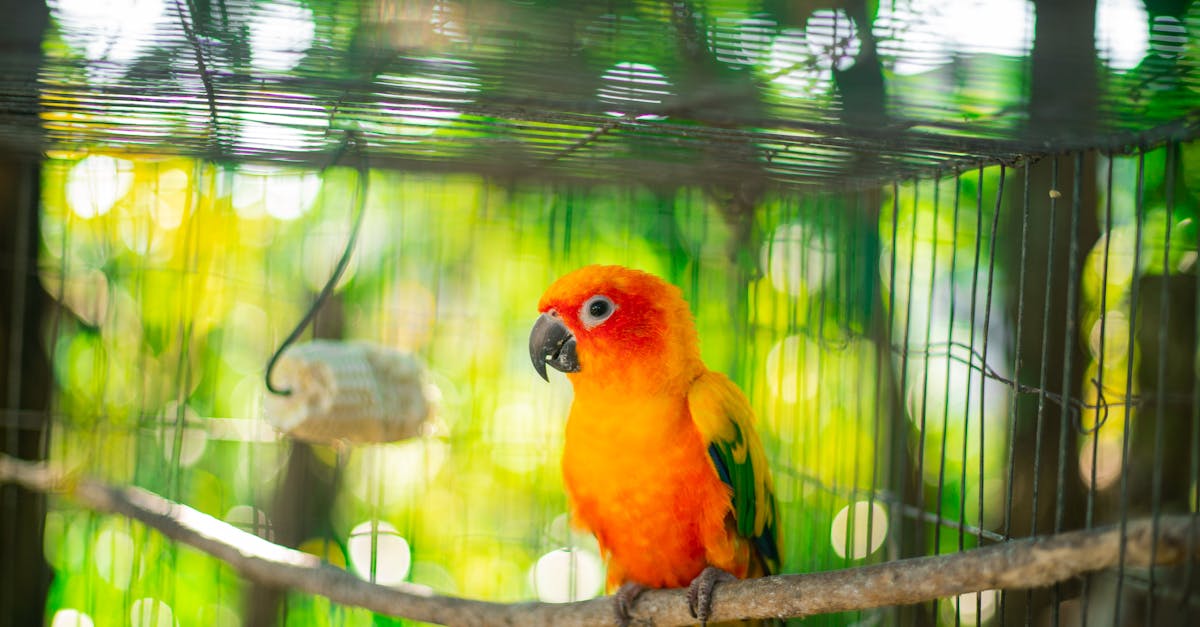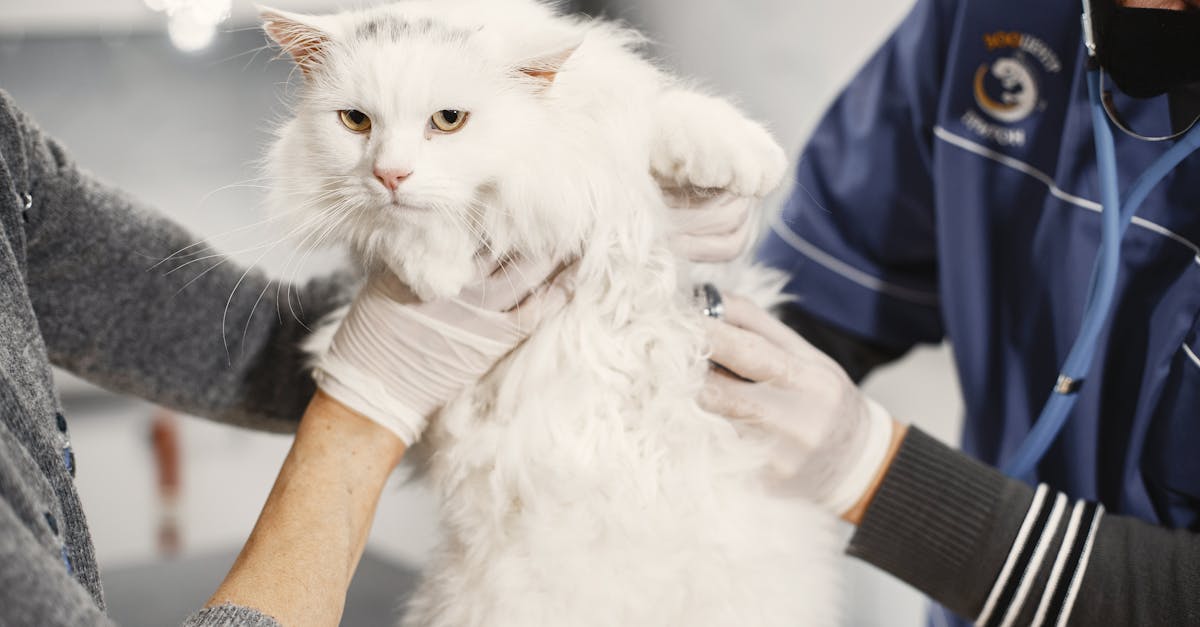Bringing home your first puppy is an exciting and life-changing experience. However, it also comes with responsibilities and challenges that can feel overwhelming if you're not prepared. Puppies need more than just love—they require proper care, training, and attention to grow into happy, healthy dogs. Here's what you need to know before welcoming a furry friend into your home.
🩺 Vet Recommendations
Before you commit to getting a puppy, it's essential to understand their health needs and the lifelong care they require. Puppies aren't just adorable; they're a long-term commitment.
- Schedule a veterinary check-up as soon as you bring your puppy home. Your vet will assess their health, check for parasites, and recommend a vaccination schedule.
- Puppies need regular deworming and flea/tick prevention. These treatments protect them from common parasites that can impact their health.
- Discuss spaying or neutering with your vet. This procedure has health benefits and helps prevent unwanted litters.
- Proper nutrition is key. Your vet can recommend high-quality puppy food appropriate for your dog's breed, size, and age.
According to the ASPCA, regular vet visits are crucial during your puppy's first year to monitor their growth and development (source).
📋 Care Tips
Puppies require consistent care to thrive. This includes everything from feeding schedules to socialization and training. Here are some tips to help you navigate puppy parenthood:
- Establish a feeding routine. Puppies typically eat three to four small meals a day until they're about six months old.
- Start house training immediately. Take your puppy outside frequently—especially after eating, drinking, or waking up—to establish good habits.
- Socialize your puppy early. Expose them to different people, environments, and other dogs to help them become well-adjusted adults.
- Provide plenty of mental and physical stimulation. Toys, puzzles, and daily walks keep your puppy happy and prevent destructive behavior.
- Invest in a comfortable crate or bed. Puppies need a safe space to rest and relax.
Remember, consistency is key when it comes to raising a puppy. The time you invest in their care now will pay off in the long run.
✅ Do’s and Don’ts
It’s easy to make mistakes when caring for your first puppy, but avoiding common pitfalls can set you both up for success. Here's a quick guide:
- Do: Use positive reinforcement when training your puppy. Reward good behavior with treats, praise, or playtime.
- Don’t: Punish or yell at your puppy for accidents or mistakes. This can cause fear and make training more difficult.
- Do: Puppy-proof your home. Remove hazards like electrical cords, toxic plants, and small objects they might swallow.
- Don’t: Leave your puppy unsupervised for long periods. Puppies need companionship and supervision to stay safe and happy.
- Do: Focus on building trust. A strong bond with your puppy is the foundation of a healthy relationship.
By following these do’s and don’ts, you'll create a positive environment where your puppy can grow and thrive.
💡 Expert Advice
Raising a puppy can feel overwhelming, but you're not alone. Here are some additional insights to help you along the way:
- Patience is everything. Puppies are still learning, and it takes time for them to understand what’s expected of them.
- Enroll in a puppy training class. Professional trainers can teach you effective techniques and help socialize your puppy in a controlled environment.
- Don’t forget dental care. Start brushing your puppy’s teeth early to prevent dental disease later in life.
- Be prepared for teething. Puppies love to chew during this stage, so provide plenty of safe chew toys to protect your furniture.
Raising a puppy is a journey filled with challenges and rewards. The key is to stay informed, ask for help when needed, and enjoy every moment with your new best friend.
FAQs
Q: How often should I take my puppy to the vet?
A: During the first year, your puppy will need several vet visits for vaccinations, deworming, and general health checks. After that, annual visits are typically recommended unless there are health concerns.
Q: What’s the best way to train my puppy?
A: Positive reinforcement is the most effective training method. Reward good behavior with treats, praise, or playtime, and avoid punishment, which can cause fear and anxiety.
Q: How do I prevent my puppy from chewing on furniture?
A: Provide plenty of chew toys, supervise your puppy, and redirect their attention to appropriate items when they start chewing on something they shouldn’t.
Book a $49 online vet consultation at https://www.dialavet.com for fast, expert advice.























